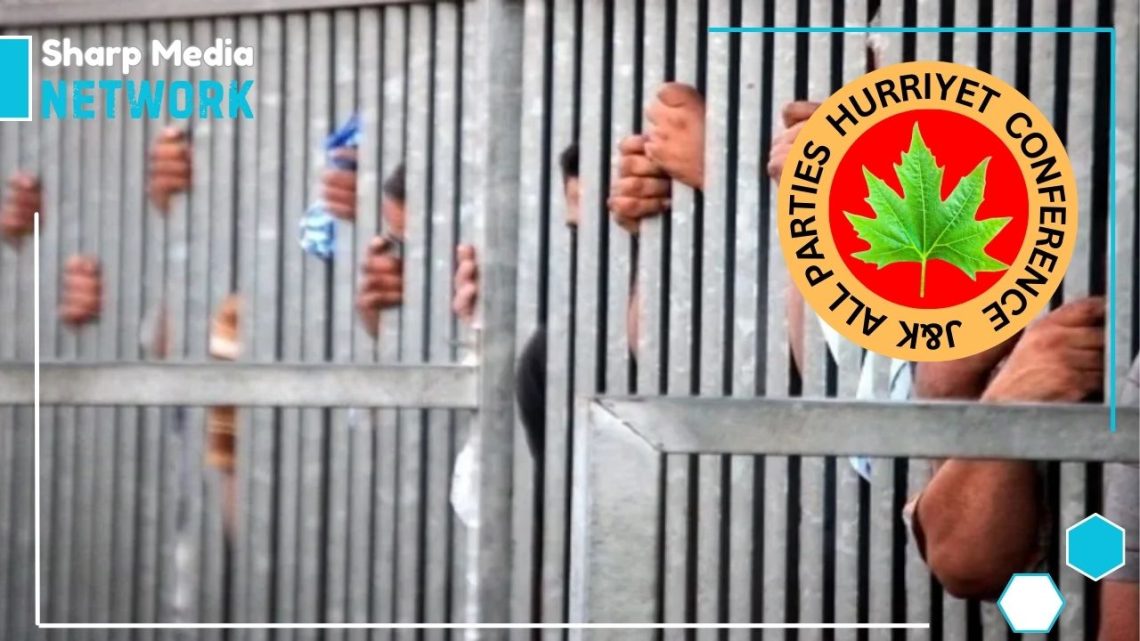
Kashmiri Prisoners Face Injustice in Indian Jails: APHC
December 30, 2024Kashmiri detainees are dying slowly under India’s oppressive jail conditions, ignored by the world.
The All Parties Hurriyat Conference (APHC) has raised alarms over the worsening conditions of Kashmiri political prisoners held in various Indian jails. These detainees suffer without adequate medical care or basic facilities, exacerbating their hardships.
APHC spokesperson Abdul Rashid Minhas highlighted that India continues to target Kashmiri activists for opposing its unlawful occupation of Indian Illegally Occupied Jammu and Kashmir (IIOJK). Many prisoners endure severe health complications, yet authorities refuse to address their needs.
The spokesman appealed to international human rights organizations, such as Amnesty International and the UN Human Rights Council, to pressure India into releasing these political prisoners. The deteriorating condition of detainees demands urgent global intervention.
According to APHC, numerous detainees are left to suffer without proper hygiene, medical attention, or nutritional food. This neglect has turned incarceration into a slow, torturous experience for those behind bars.
Minhas emphasized that the Modi regime treats Kashmiris, particularly Muslims, as second-class citizens. He reminded the global community of India’s disregard for fundamental human rights in the occupied region.
The APHC called on the United Nations Secretary-General to address Kashmiris’ long-denied right to self-determination. This right has been sidelined for decades, further entrenching the suffering of the Kashmiri people.
Indian authorities, APHC argues, continuously violate the Geneva Convention and the Universal Declaration of Human Rights by subjecting prisoners to inhumane conditions. Reports by the UN in 2018 and 2019 corroborated these violations.
The APHC reiterated that international silence emboldens India to continue its oppressive policies in IIOJK. Addressing the plight of prisoners is essential for advancing peace and justice in the region.
Minhas urged the United Nations to dispatch a fact-finding mission to Indian Illegally Occupied Jammu and Kashmir (IIOJK). This mission should assess the conditions of prisoners and report on the broader human rights abuses taking place.
Kashmiri detainees, Minhas noted, symbolize the resilience of the Kashmiri freedom struggle. Their unjust imprisonment reflects India’s broader attempt to suppress dissent and control the region.
APHC reaffirmed its commitment to advocating for the release of all political prisoners. The organization pledged to continue exposing India’s violations until Kashmiris achieve their right to self-determination.
The APHC ended its statement by calling on the global community to recognize the dire situation and take meaningful steps to prevent further suffering among Kashmiri detainees.

